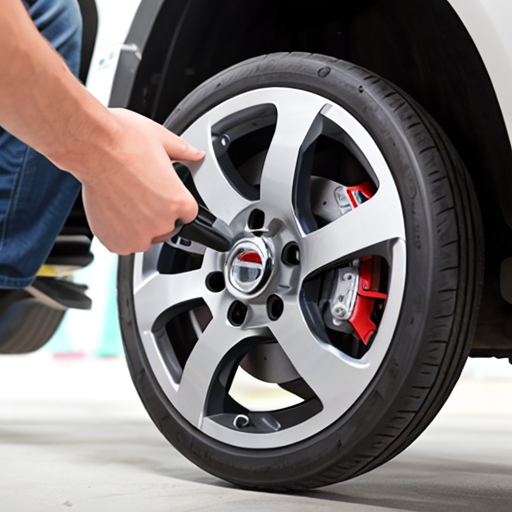
Warning Light

A warning or check engine light is the most common issue for Car or SUV owners. These lights illuminate when the vehicle’s ECU (engine control unit) detects an error code triggered by a sensor. Since there are more than 300 possible warning code, having a professional mechanic complete a warning light inspection is the best way to determine the source and make the right repairs.
Dead or Discharged Battery
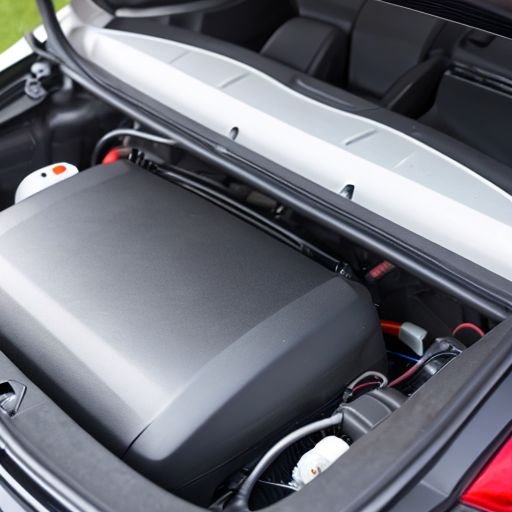
- Most car batteries should last about three years or 70,000 km. A dead or discharged battery is a very common car problem. There are a few causes for a dead battery, which are:
- Lights Or Other Electricals Left On
- Exposure To Extreme Temperatures
- Corrosion On Terminals
- Old Battery
- Extended Unuse
- Charging System Failure
All these factors can cause a car battery to rapidly discharge which will make your car not operational when you need it. So if you end up in such a situation there basically two options you can resort to:
- Jump starting the car: for this, you need a jumper cable and a donor car whose battery you will use to charge your car. Place the positive and negative terminals of the jumper cable on the positive and negative terminal of the donor car battery respectively. Then start the donor car and let it run for a few minutes. After some time, your car battery would be charged enough for ignition and once it is done, try the ignition of your car. You should be good to go. If Want to skip the hassle? Simply book a jumpstart service with Jatsons Automobiles and we will handle the situation for you.
- Charging the battery: If you have access to a mechanic in a situation of car battery discharge, then the best thing to do is get the battery removed and the mechanic will put it up on charging so that it can attain all the juice back. These practices can work a couple of times maybe but if your car battery isn’t responding even after trying both the things then you probably want to consider getting a new battery for your car.
Engine Misfiring
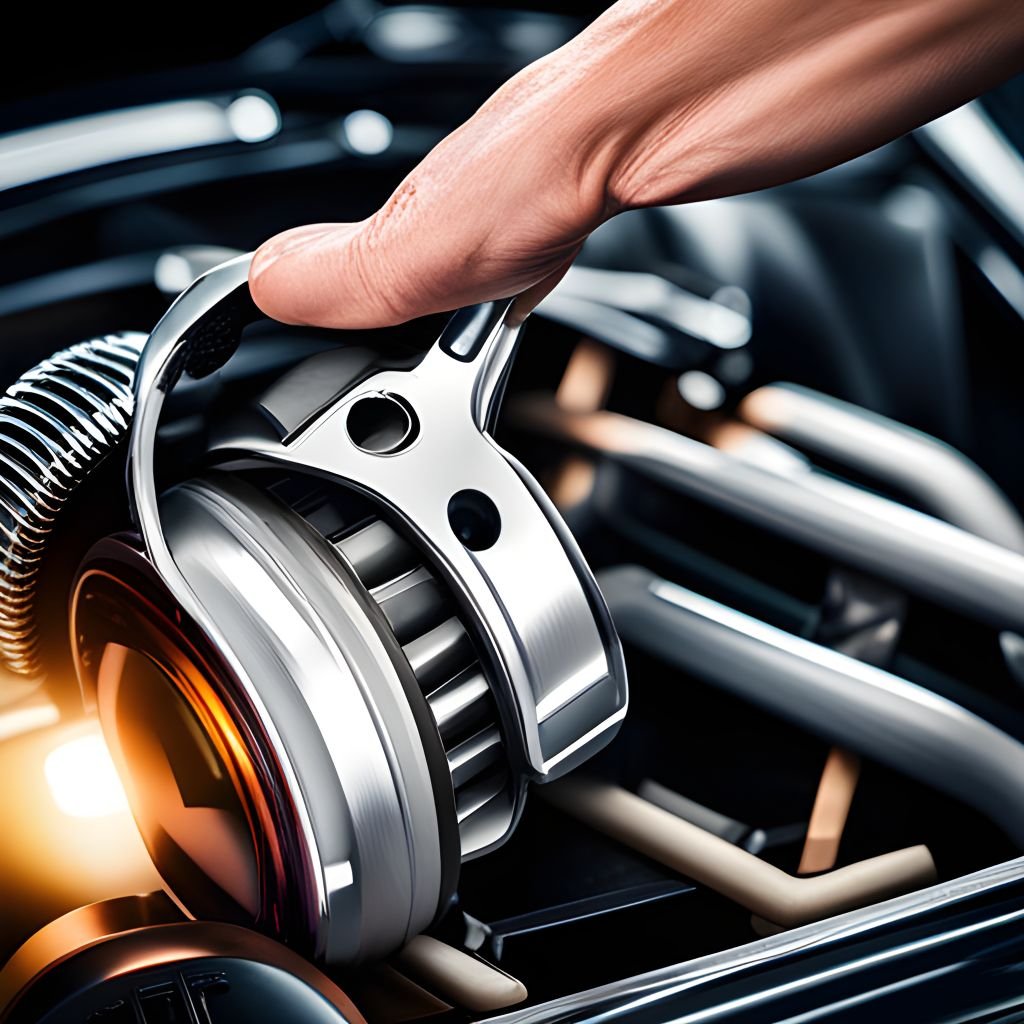
Engine misfiring occurs as a distinct pop sound when you start your engine. We all know that internal combustion in an engine occurs as a cycle of intake of air and fuel mixture, burning it, and out letting fumes via the exhaust. If something interrupts this cycle, a misfire happens. There are several possible reasons for this, with the most common being a spark plug problem.
If you find that your engine is misfiring:
- Check The Spark Plug: Pop up the hood and have a look at the spark plug. If it is black, clean it with a brush and test again.
- Change The Spark Plug: If the car doesn’t start after cleaning then you will need to change the spark plug. It is not a costly component and can be changed without much expenditure.
- Consult A Mechanic at Jatsons Automobiles: If the misfire happens even after replacing the spark plug, then we would recommend that you get your car checked by a skilled engine mechanic as the problem could be related to the cylinder or piston head.
Tight Clutch Pedal
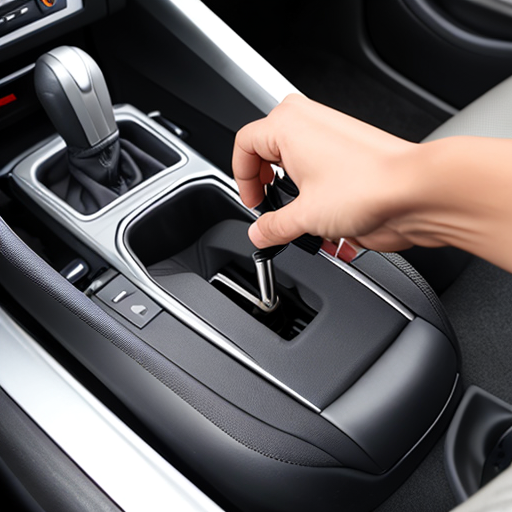
A normal clutch pedal is smooth and easy to operate, doing so without any breaks. When you feel that you are using more than usual muscle power to push the clutch pedal, there is a problem with it. The possible causes are:-
- Inspect the clutch cable: Check for signs of wear on the clutch cable (runs from the clutch pedal below the transmission). If you can’t bend that way, ask your mechanic for help. Depending on the findings, the cable may be lubricated or replaced.
- Worn-out clutch disc: You can ask your mechanic to do a thorough inspection of the clutch disc. If you have been driving the vehicle for long periods of time, there is a chance that your clutch disc might have worn out. This can result in an unresponsive or less responsive clutch in the form of stiffness. Replacing the clutch disc will solve the problem immediately.
- Adjust the clutch pedal: If you’ve replaced any part of your clutch recently and find it stiffer than usual, then the pedal needs some adjustment to run smooth and free. This too can be done at your nearest car garage.
The Steering Wheel is Shaking
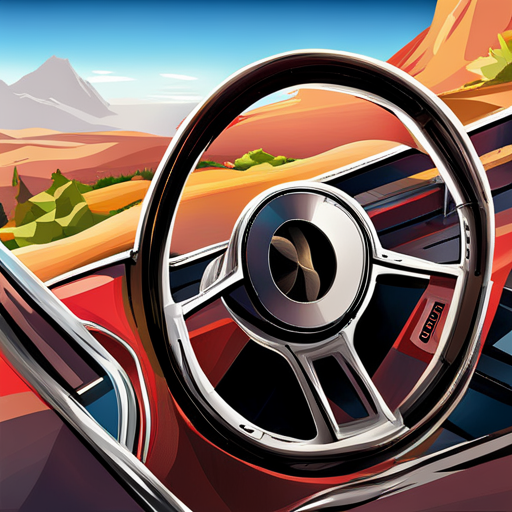
There are a number of reasons why a steering wheel shakes when driving a vehicle. Damaged suspension components or wheel bearings are usually to blame if this happens immediately after you start the car and pull away. If the wheel shakes at higher speeds it is more often an issue with tyre/wheel balance. To resolve this you will need to take the car for a proper mechanical inspection. It could be as simple a fix as getting your wheels aligned.
Unresponsive Steering
Cars today have assisted steering also known as power steering. This helps in overcoming the physically exhausting manual turning of the wheels. With power steering, your steering should feel responsive and effortless. If this becomes unresponsive then driving would become a dangerous situation as the car would not respond to your steering inputs. If this is the case then the possible cause could be loss of steering fluid or failure of the electric motor that gives power to the steering wheel. In the case of the former you can check the steering fluid and top it up, but in the case of the latter a visit to the garage is necessary.
The Brakes are Squeaking/Grinding

The brake system will start to wear out just like any other moving part you have in the car. Brakes are vital as they are essential to make sure you can stop safety so any kind of brake related problems, including unusual noise or a soft brake pedal, should be taken care of by a professional mechanic. There are some minor issues that can cause brakes to squeak or squeal but once you start notice grinding then you need to get them replaced.
Chipped Paint
Roads can be rough on your car’s paint job plus parking issues makes your life even more tough. Small scratches and chips are unavoidable over time, and it’s important to remove and repair flakes, chips, dents, dings and scratches on your car’s finish before the rust sets in. To help you with quality work, technicians at Jatsons Automobiles are equipped to take care of scratches and dent with both options Dry Denting or Denting and Painting.
Poor Fuel Economy
When the engine is running efficiently, it burns fuel at a rate that helps improve fuel economy. However, several fuel system parts like fuel filters, air filters, mass air flow sensors, and O2 sensors will eventually get dirty or wear out. If this happens before they are replaced, it will cause the engine to consume more fuel than usual. Again, being proactive about routine servicing provides the solution.
Overheating
A car engine gets hot due to its internal workings. That’s normal. And there are radiators and coolants to keep its temperature regulated. But if you find the temperature gauge shooting up, that is acause for concern because the engine can heat enough to melt itself. Here is what you can do to cool your car’s engine:
- Check the coolant: Adding a fresh batch of coolant to your car should be all you would need to do if everything else in the engine bay is not problematic. Make sure to replace coolant every 30000 kms or three years, whichever is earlier.
- Check the radiator: The radiator consists of a fan and some pipes. The coolant flows through the pipes while the fan cools the liquid and, in turn, the engine. Sometimes the radiator fan fails and sometimes it just runs out of water. You may refill it, and if the fan is not working, then call your mechanic right away.
- Thermostat Not Working: A thermostat lets coolant inside the water jacket to cool down an overheated engine. If the thermostat breaks down, the engine will obviously heat up. If this happens often, get the thermostat checked.
- Damaged Water Pump: A water pump is what helps in the flow of water and coolant to the engine and back to the radiator. A damaged water pump will not pump and hence this will lead to overheating. A thorough cooling system check will reveal this problem.
- Bad Hoses: Hoses are pipes that take the coolant and water from the radiator to the engine and vice-versa. A cracked hose or a leaking hose could be the cause of your engine overheating. It will be a good idea to check them and replace them if needed.
The Tyres are Flat
A tyre will obviously be flat if it is punctured but it can also be caused by normal wear and tear. Keeping the tyres rotated in accordance with manufacturer’s instructions can help extend their life. Best practice is to rotate the tyres when you change your engine oil or every 10000 km.
Rattling Suspension
A rattling suspension in most of the cases is caused by loose nuts, bolts or worn out bushings. These can be replaced very easily if you can get under the car. If not then it would be wise to go to the mechanic. In the worst case scenario, the suspension parts may be seeing a significant amount of wear and tear or rust. Ignorance is not always bliss and you should always get the car checked if you notice unusual noises and aren’t able to pinpoint the location. In case of intensive rusting, which will ideally happen if the car is too old or has been in a humid environment, there is no way to save it and ideally the part should be replaced.